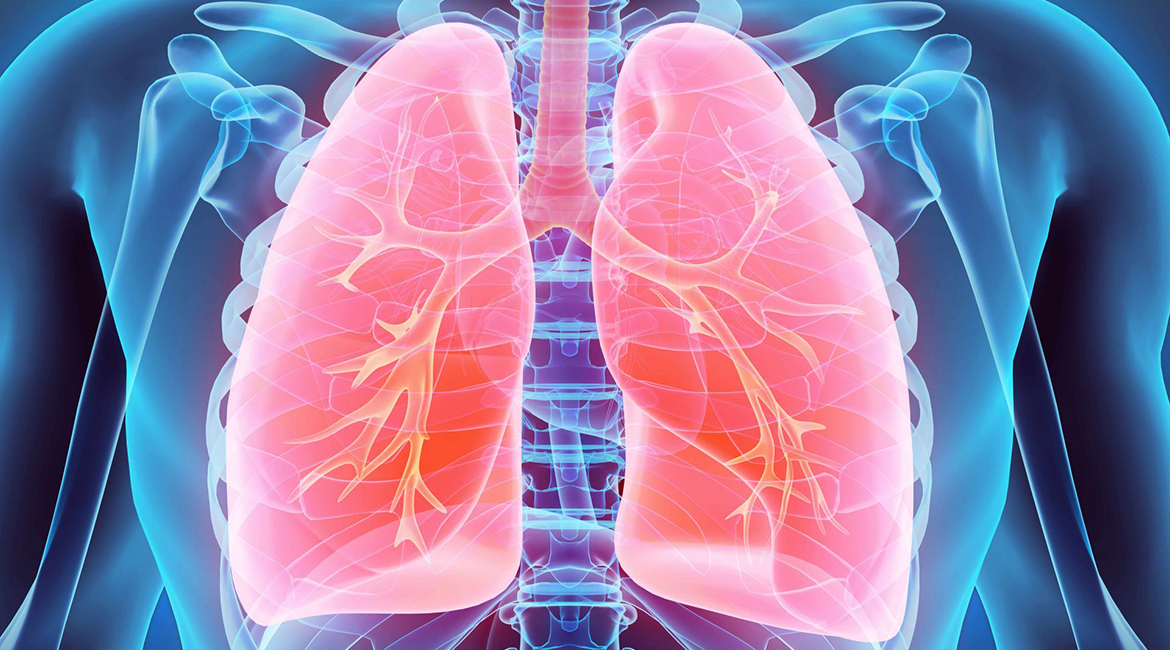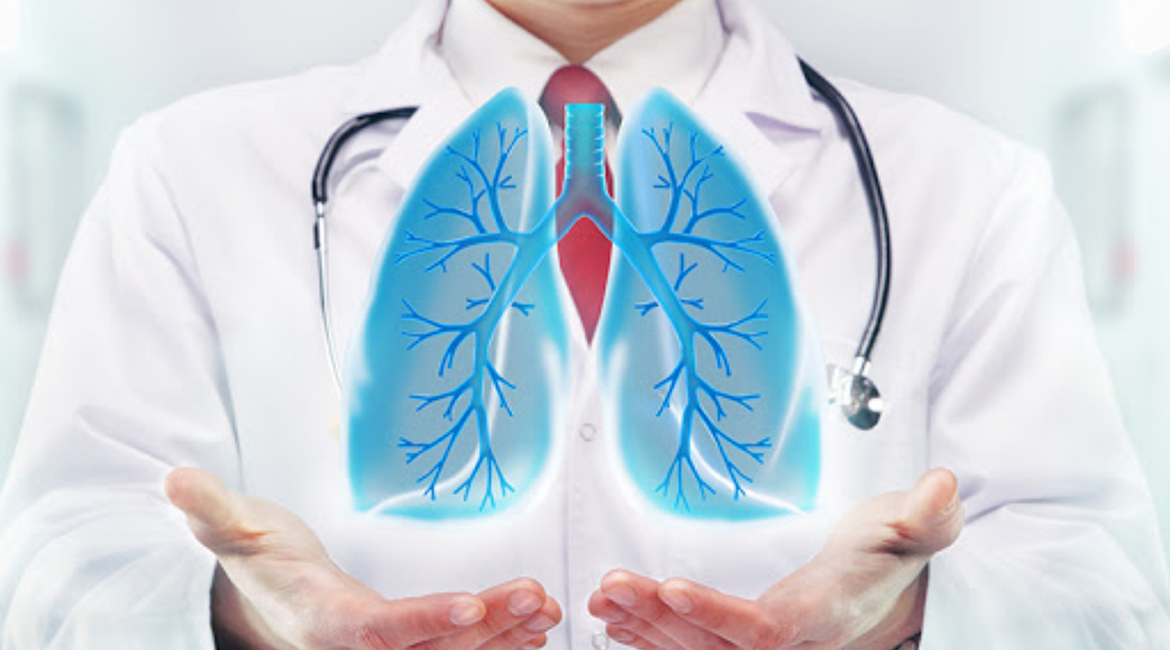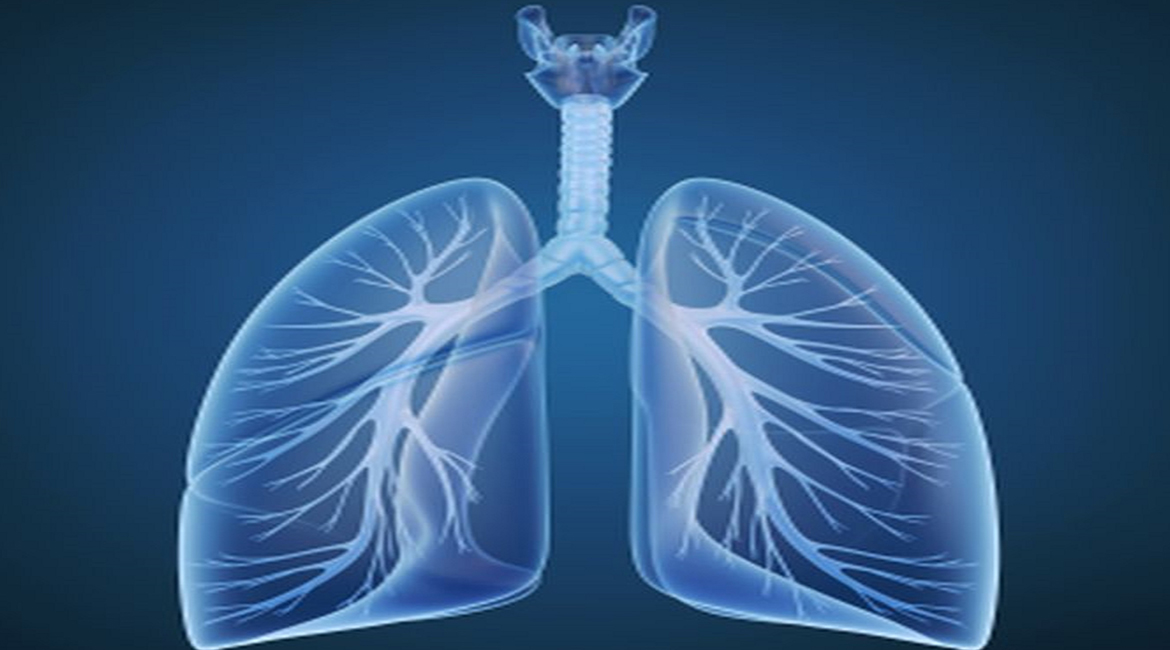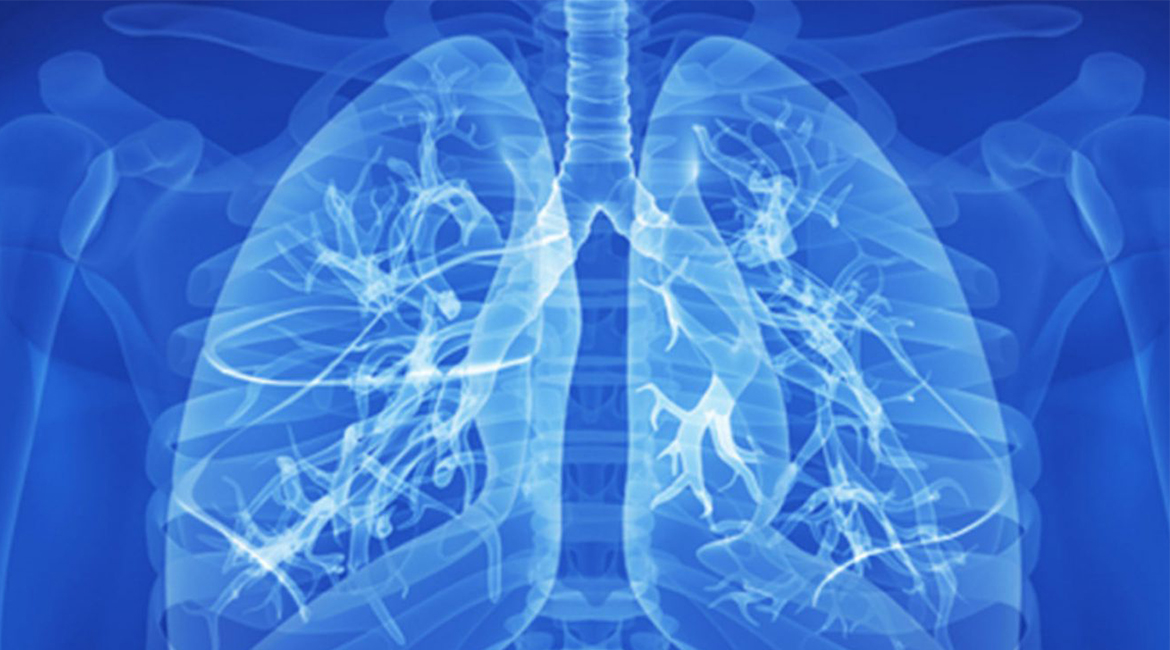Pulmonology or pneumology is a medical specialty that deals with diseases involving the respiratory tract. It is also known as respirology, respiratory medicine, or chest medicine in some countries and areas. Pulmonology is considered a branch of internal medicine, and is related to intensive care medicine.


Pulmonary critical care, or critical care medicine, is a specialized field of emergency medicine that focuses on patients suffering from injuries and diseases of the respiratory or pulmonary system, which includes the lungs, trachea, diaphragm, and related structures.
Critical care pulmonologists are specifically trained to provide life-saving care for patients who are experiencing respiratory issues, such as multi-system failure and other life-threatening situations.

Respiratory medicine involves the management of diseases that occur in the upper respiratory tract (the nose, pharynx and larynx) and the lower respiratory tract (trachea, bronchi and lungs).
Respiratory medicine is concerned with the diagnosis and treatment of a wide variety of diseases of the airway and lungs, their linings and blood vessels, and the muscles and nerves required for breathing Respiratory medicine is closely linked to acute and general medicine as respiratory disorders account for approximately one-third of an unselected general medical take. Almost all respiratory physicians are trained in general internal medicine (GIM) as well as respiratory medicine.

It is a relatively new field in pulmonary medicine. Interventional pulmonology uses endoscopy and other tools to diagnose and treat conditions in the lungs and chest. These procedures may be offered by pulmonologists (lung specialists) who have undergone extra training.
Interventional Pulmonology Procedures: